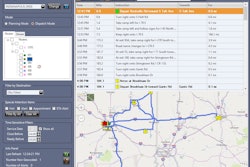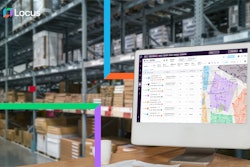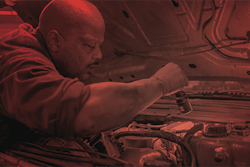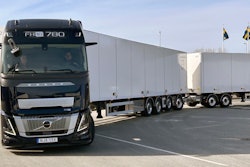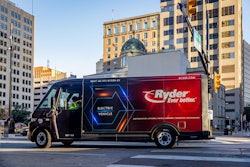Trucking and logistics companies have reached a crossroads. They have lots of data, but protecting razor-thin margins requires moving it faster and more accurately through pricing, order entry, planning, execution, settlements, billing, and other routine functions.
Artificial intelligence (AI) accelerates processes that historically required human interaction. Generative AI is the next frontier. By applying large language models, it can quickly sort through information, make predictions, and give answers in a human-like voice. It burst onto the scene in late 2022 when research company Open AI released ChatGPT. Since then, everyone from the C-suite to the driver’s seat has considered its impact on business and their careers.
The rapid advancement of AI has led researcher and innovation consultant Christoph Burkhardt to talk of a paradigm shift. At the Transportation Intermediaries Association's conference on April 11 in Scottsdale, Ariz., he said the first major industrial shift was electrified factories, followed by digitized systems. “Cognified” machines augmenting human intelligence comes next.
Transportation companies are rolling out various AI-powered machines with human-like functions like dash cameras that detect and alert drivers to risky behaviors. These “AI point solutions,” he said, are precursors to disruptive system changes like autonomous trucks.
Taking a wait-and-see approach to AI could be detrimental to survival. The AI arms race is on, and companies have many options to create an advantage. Below are four areas where AI-powered systems can make an immediate difference.
A 2024 Forbes Advisor survey found that most businesses (53%) use AI to improve production processes. In transportation and logistics, production starts with receiving load offers. While orders no longer come from fax machines, Internet-based order delivery systems are not always more efficient.
Motor carriers and freight brokers regularly use humans to process orders received through unstructured data formats like emails and phone calls. AI-powered solutions can transform order management by accepting data in any format and automating rating, acceptance, customer responses, and other front-end tasks.


